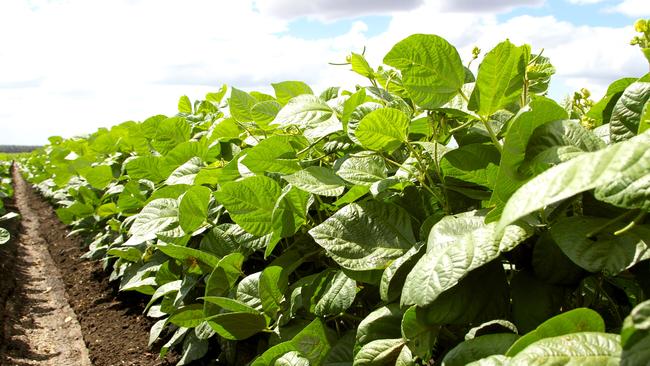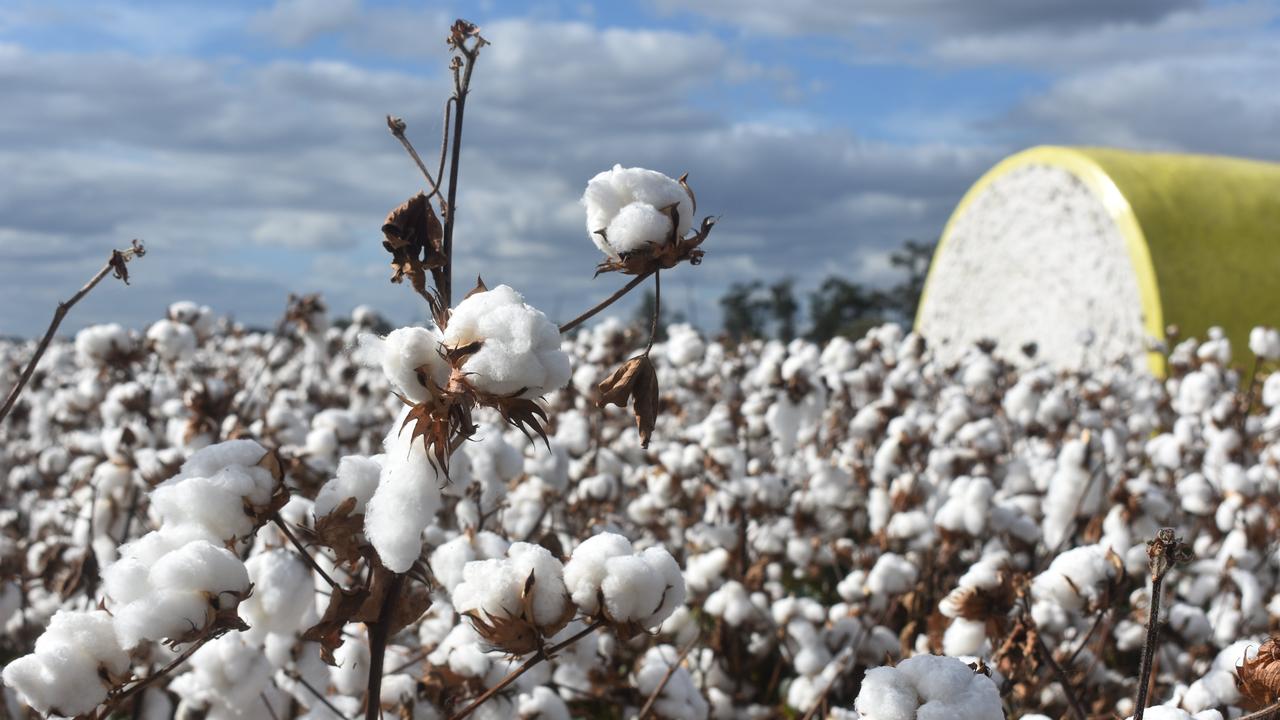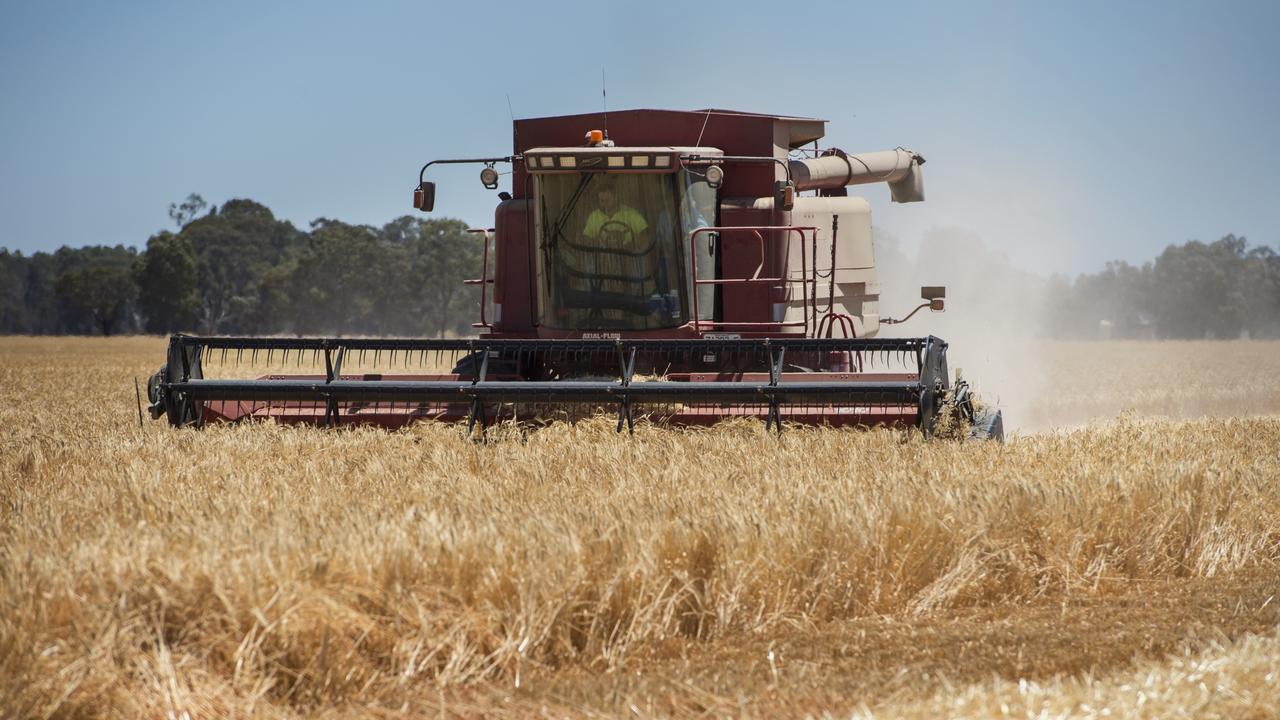India’s lockdown puts strain on pulse supply chain
India’s Government has expanded its essential service definition to include farms, food manufacturing and ports, but it is expected to take time for it to get back to normal, says Austrade.

A LOCKDOWN in the one of the world’s largest pulse producing countries, triggered by the coronavirus pandemic, created an array of blockages to the country’s food-supply chain recently.
But opportunity for Australia to fill any gaps will not happen until harvest, with lentil prices jumping $100 a tonne since last week to $815 a tonne.
Late last month, pulse giant India introduced strict lockdown measures that created significant food-supply concerns. This included suspensions for all port and dry port operations, courier companies, trucks and e-commerce company deliveries, according to Austrade.
However, since the lockdown, the Indian Government has now deemed the food industry and all allied supply chains as essential services.
“India has asked its ports to waive demurrage and other charges for any delays in arrival, berthing and other operations of ships caused by a 21-day lockdown to contain the spread of the coronavirus,” an Austrade report said.
“The Government, recognising the importance of (the) supply chain, swiftly swung into action and further expanded its definition to include farms and food manufacturing, ports. There is no shortage of food availability across India, but the issue is with the movement of food across the country and also support to the farm sector as it goes into harvest season.”
And Austrade said while the situation has begun to improve, it would take time to get back up and running as usual.
Pulse Australia chief executive Nick Goddard said Indian consumers were panic-buying basic staples including wheat and pulses which could have caused grave implications if the food supply chain had been kept in lockdown.
And this may have opened up opportunities for Australian pulse and wheat growers. “From an Australian perspective, this could have presented an opportunity for pulses and wheat to be imported,” Mr Goddard said.
“However the Australian supply chain is tight at the moment after drought and our cupboards are bare, so we would not be in a position to step in until our harvest comes about.”
According to Indian Pulses and Grains Association, the country could need three million tonnes of imports after crops took a hit from “erratic rain”, missing the Government’s target.
IPGA found the production target for pulses and grains for 2019-20 was expected to reach 26.30 million tonnes.
There will be a shortfall of 10 per cent and three million tonnes of imports will be needed to make up for that, IPGA said.
“Australian chick peas could have a role in supplementing any Indian shortfall, but not unless current Indian tariffs drop,” Mr Goddard said.


